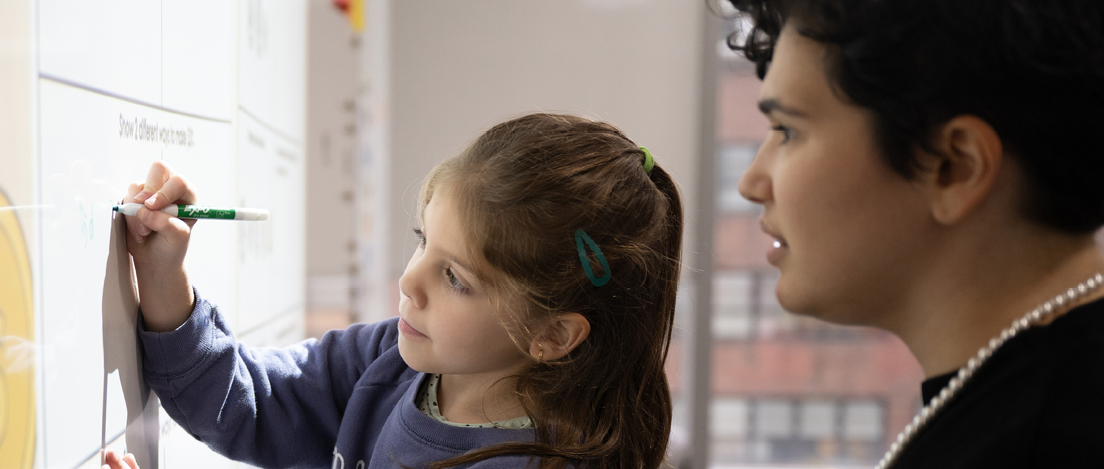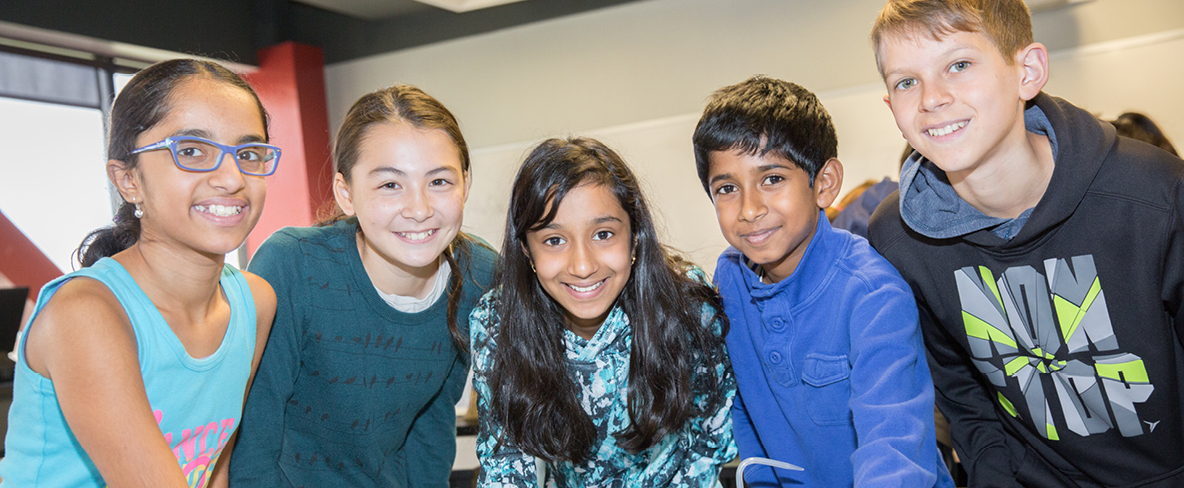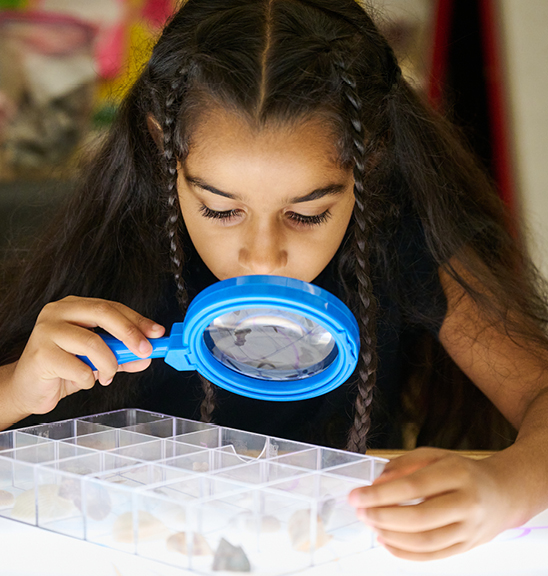
Our Mission
Our mission is to educate students to the highest international levels with a spiraling liberal arts and sciences curriculum benchmarked to the best education systems in the world.
Our advanced curriculum prepares students with the content knowledge, critical thinking, and self-advocacy skills needed to be successful throughout their education and well beyond.
Our passionate, expert teachers are unwavering in their belief that with hard work, the right support, encouragement, and inspiration, any child can excel.
We are committed to a joyful learning culture where hard work is celebrated and intellectual pursuits result in extraordinary outcomes.

Our Philosophy
Our philosophy drives the scope and sequence of the BASIS Curriculum. Our perspective is evergreen and does not give in to the pressure of the latest education trends; we’re proud to be both unabashedly forward-thinking and unapologetically old fashioned in our approach.
We focus on what works and what is proven when it comes to preparing students today for what is to come tomorrow.
Today, we can no longer conceive of opportunity for the next generation as confined to a city, a state, or even a nation. We commit to teaching our students to the highest global standards so that they can succeed in the best universities in the world and compete in a global professional marketplace.
Founded by two economists, our schools have been committed, from our earliest days, to the smart, network-wide use of student performance data. We hold ourselves accountable to use the insights this data provides to sustain and improve learning outcomes for our students.
Our path of study is connected from the student’s academic start in our Early Learning Program to the student’s finish with Senior Projects. Our curriculum is carefully calibrated so that in every discipline and at every grade level, students are appropriately challenged and excited by their learning, and each year builds as a preparation for the challenges to come.
We teach our students to achieve mastery of the foundational academic disciplines and competencies, for it is that mastery which will empower their future lives and careers. In our classrooms, bolstered by the unwavering support of the faculty, students will face demanding challenges and celebrate extraordinary victories as they learn and uphold excellence.
Our use of technology in education is highly focused: we use technology to help solve problems of scale, to help create the connective tissue that joins a network of schools into an integrated system with data-driven quality control and the sharing of best practices. We use it to ensure that curricular decisions and innovations are driven by our own teachers, not a top-down centralized bureaucracy. We believe technological competency is a skill necessary to thrive in our modern academic, professional, and personal lives.
While technology is one of many tools available to teachers to engage and inspire students to take ownership of their learning experience, devices cannot replace the dynamic, co-creative classroom interaction between teacher and student. Trust and respect between teacher and student is the essential ingredient in academic success.
In our schools, diverse perspectives are challenged and tested in an environment of informed thought and collegiality. Students must be prepared to navigate the uncertainty of the 21st century landscape with a profound humility. By engaging with a variety of global perspectives, our students are empowered to make their own decisions about how they will navigate their world. Conflict and struggle are vital components in the maturation of our students and the evolution of their most deeply held convictions.

Our Lower School Community Values
We celebrate community.
We do our best.
We take responsibility.
We grow from our mistakes.
We do the right thing.
We show kindness.
We demonstrate curiosity.

Our Upper School Community Values
We honor everyone equally as part of our community.
We view mistakes as learning opportunities.
We appreciate everyone for who they are.
We take ownership of our actions.
We take pride in being Bobcats!

